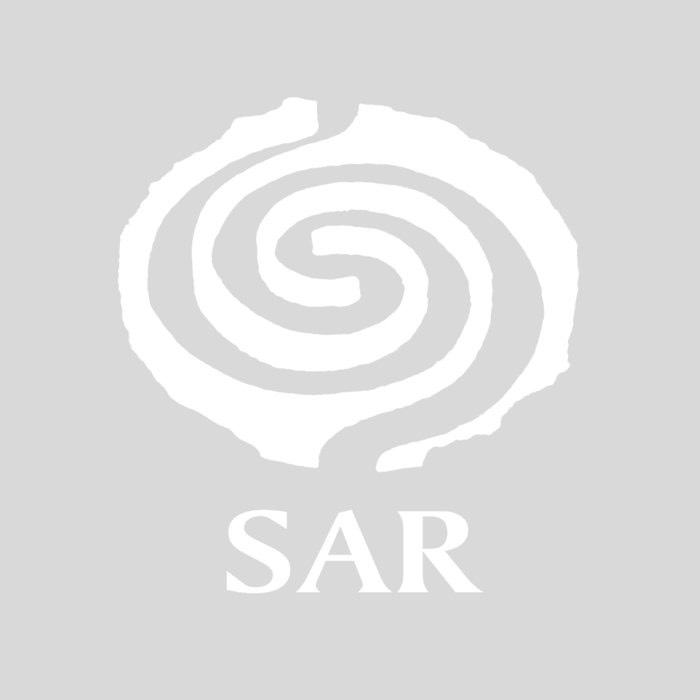
Reconstructing Ancient Pueblo Histories: A short Seminar on Historical Method in Southwest Archaeology
Co-chaired by Jennifer Shannon and Severin Fowles
October 18 – 20, 2022
Reconstructing Ancient Pueblo Histories: A Short Seminar on Historical Method in Southwest Archaeology
This SAR seminar reunites twelve archaeologists to expand and complete papers debating historical method in Southwest archaeology in light of Stephen Lekson’s History of the Ancient Southwest (2009), Chaco Meridian (2015), and Study of Southwestern Archaeology (2018). These three texts, along with his wider corpus of work, have been controversial, both due to Lekson’s provocative claims about the political organization of Ancestral Pueblo societies and to the rhetorical style in which his claims are made. At a more fundamental level, however, Lekson’s books point to deep methodological divides regarding how to reconstruct Pueblo history. Growing out of a recent gathering to present papers in honor of Lekson’s retirement, this seminar will respond to his call for “prehistoriography”—for explicit debate over “how to write a narrative history of pre-history” (Lekson 2015)—through the creation of a published volume of methodologically-focused essays that will be of global archaeological relevance.
Jennifer Shannon, Chair
Curator and Associate Professor, Museum of Natural History and Department of Anthropology, University of Colorado – Boulder
Severin Fowles, Chair
Associate Professor, Department of Anthropology, Barnard College, Columbia University
Generous Funding Provided by the Mill Foundation